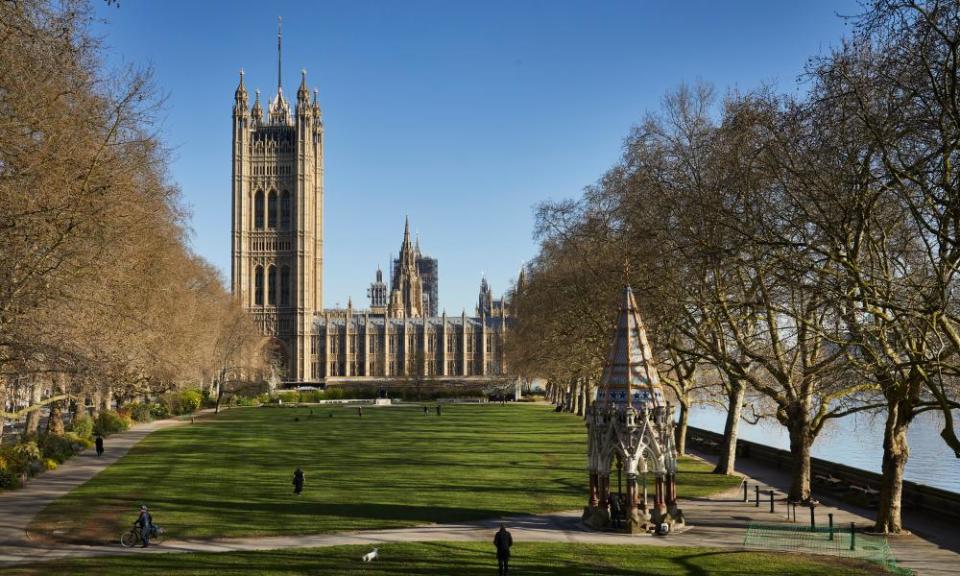Freedom of information requests dogged by delays and obfuscation

The “clearing house” for requests made under the Freedom of Information Act (‘Orwellian’ government unit obstructs freedom of information, says report, 24 November) may explain an intriguingly detailed response from the Department of Health to a request I submitted in 2013: “We have noted the total number of requests you have submitted under the FOIA … We also note and take account of that fact that you have written on the same issues to the department by way of general policy correspondence both from yourself (on 3 occasions) direct and also via your local Member of Parliament [Oliver Colvile MP] (on 8 occasions).
“We further note that you have submitted specific FOI requests, policy correspondence (including to Department of Health Ministers via Oliver Colvile MP) … now on 6 occasions. We also acknowledge that you have … written to other public authorities in a concerted attempt to obtain such information.”
Disclosure was refused on the grounds that the request was vexatious. This, together with delayed responses to requests, internal reviews, complaints to the information commissioner and appeals to the information tribunal, created a protracted process.
It was not until 2015 that I had gathered sufficient information to demonstrate wholesale inadequacy by the department in its handling of an external contract. Colvile then raised the issue with the chair of the public accounts committee, Meg Hillier MP, who asked the National Audit Office to investigate.
In January 2016, Hillier informed Colvile that, “despite an extensive records trawl”, only “limited information” was available. The NAO had found that “unfortunately, some records of enduring value were not identified as such at the time and are no longer available”.
An independent investigation is needed into the role of the clearing house in coordinating responses to delay, obfuscate and conceal.
Dr Mike Sheaff
Associate professor in sociology, University of Plymouth
• I was interested to read your article on the report by openDemocracy. Since the FoI act came into force in 2005, I have made many submissions to government departments and quangos. The speed of response has slowed markedly and the degree of disclosure has become significantly eroded through redaction or a downright refusal to provide substantive responses.
In one instance, an application to the national nuclear regulator, the Office for Nuclear Regulation, on its review of small modular nuclear reactor and advanced nuclear reactors in August 2019 has still not been fully substantively answered.
The regulator has several times asked me to limit the scope of my application by time periods and areas of interest. I was invited to speak to ONR experts by phone, nominally so they could understand what information I was seeking, but in practice to reduce the scope of my FoI request, to limit disclosure.
I persisted with my application early this year, and in the spring received an opprobrious letter from the chief executive, de facto telling me off for being so persistent and for complaining that the delays were unacceptable.
Now, with the revelation of this Cabinet Office clearing house, I can put two and two together. I have asked the ONR whether it has passed on my original request to this clearing house, rightly labelled Orwellian. I trust it will not take another 15 months to find out the answer.
Dr David Lowry
Senior international research fellow, Institute for Resource and Security Studies, Cambridge, Massachusetts

 Yahoo Finance
Yahoo Finance 